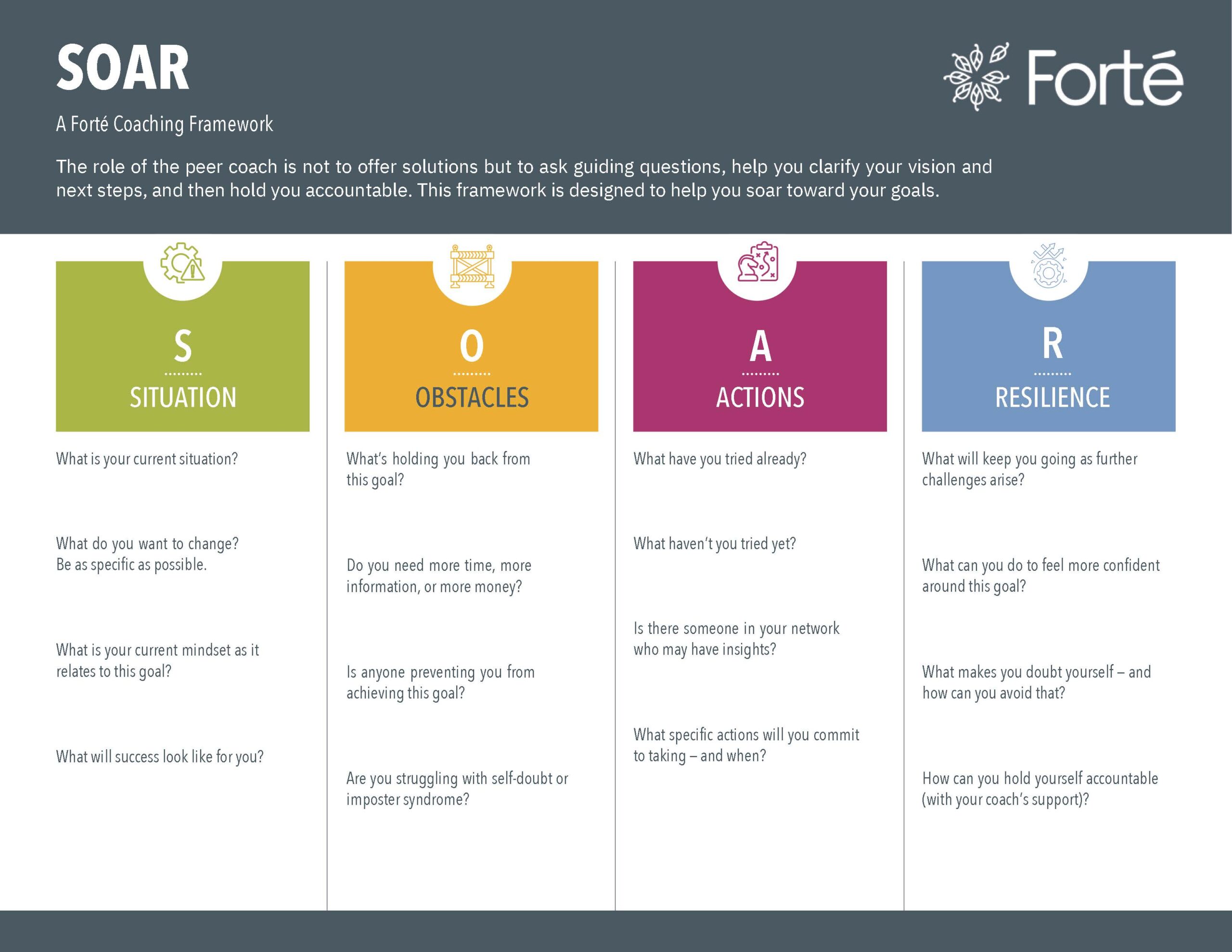Managers are wired to fix problems. It's understandable—fixing feels faster, clearer, and more immediately helpful. It keeps the gears turning. But when managers default to fixing, they miss a key opportunity to develop the very people they lead.
Coaching, by contrast, takes a different path. It’s slower, more deliberate, and less about having the answer. And it’s this shift—from expert to partner—that transforms good managers into great ones.
Why Fixing Is Easy (and Not Always Helpful)
Fixing taps into instinct: identify the issue, solve it, move on. It’s task-focused and efficient. But here's the catch—efficiency doesn't always equal development. Solving problems for your team might get things done, but it can quietly erode their confidence and independence.
Think of it this way:
Fixing puts out the fire. Coaching teaches someone how to prevent the next one.
What Makes Coaching Work?
Coaching flips the dynamic. It’s about staying curious, listening deeply, and helping others find their own way forward. This means lingering in the “understanding” phase longer than feels comfortable—resisting the urge to jump in with solutions.
That’s where growth lives.
Asking thoughtful, open-ended questions is key. They help uncover what’s really happening beneath the surface. Take this example: if someone hesitates before answering, it’s not a lack of knowledge—it may be a need for reflection, clarity, or support.
Bridging the Knowing-Doing Gap
Managers often find that employees know what needs to happen—but still struggle to act. This “knowing-doing gap” is common, and its causes range from lack of time or tools to fear, insecurity, or just being overwhelmed.
We all experience it. You know you should eat healthy, but sometimes you grab takeout. You know asking for help could unlock a solution, but you stay silent. Coaching helps surface these hidden blocks and supports people as they move from awareness to action.
A Simple Framework to Guide Coaching Conversations
To make coaching more accessible, Forté uses a four-part structure that keeps managers focused, curious, and growth-minded:
| Phase | Ask Questions Like… | What It Reveals |
| Understand the situation | What do you want to change? What would success look like? | Brings clarity and sets direction |
| Explore obstacles | What’s holding you back? What support do you need? | Uncovers blockers—practical or emotional |
| Brainstorm actions | What have you tried? What else might work? Who could offer support? | Creates momentum and possibility |
| Build accountability | What challenges might come up? How will you stay on track? How will we follow up? | Encourages ownership and resilience |
Feeling like that’s a lot to remember? Lucky for you, we made a handy guide! Download the Forté SOAR Coaching Framework to keep these questions and insights at your fingertips.

If your company or academic institution is a Forté member, you may be entitled to a free Professional Access Pass, which allows access to this area of our website. Check our lists of corporate and academic members to see if employees from your organization are eligible. If so, please contact pro@fortefoundation.org for instructions on how to claim your free Access Pass.
Coaching may be an art, but it doesn’t have to be a mystery. Great questions don’t require a coaching credential, just intention and presence. Slow down, stay curious, and trust that the person in front of you often holds the key—they just need a little help unlocking it.










